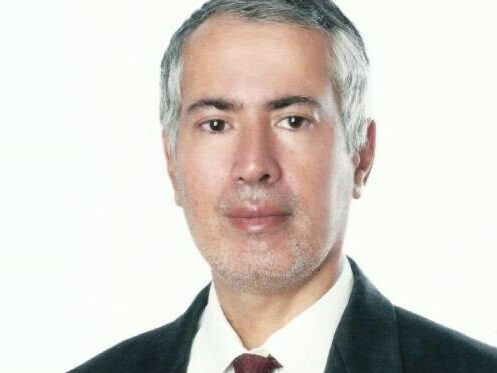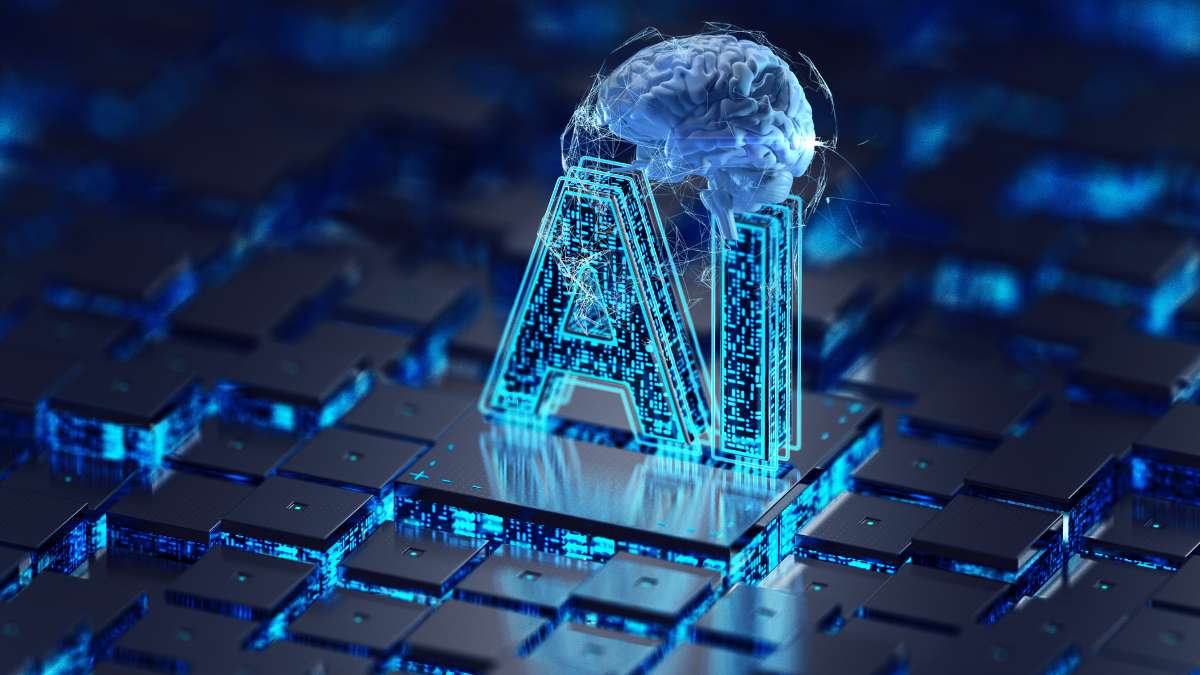
Massimo Buonomo is a global authority on the ethical and regulatory implications of emerging technologies. As a former United Nations expert on artificial intelligence and international finance, Massimo brings rare insight into the intersection of technology, governance, and global policy.
Renowned among leading artificial intelligence speakers, Massimo regularly advises governments, financial institutions, and multinational corporations on how to implement responsible innovation. His experience also spans the fast-evolving worlds of digital currencies and regulatory compliance, making him one of the most sought-after FinTech speakers on the global circuit.
In this exclusive conversation with The Champions Speakers Agency, the respected academic and thought leader shares timely insights into AI ethics, the misconceptions surrounding tech transformation, and what today’s cybersecurity speakers and boardroom leaders must understand about AI’s impact on governance, decision-making, and future risk.
Q: As AI adoption accelerates across sectors, what are the most pressing ethical risks business leaders must confront?
Massimo Buonomo: General AI ethical issues are the following:
First of all, we should ask ourselves: might AI and algorithms infringe fundamental human rights, from privacy and data confidentiality to freedom of choice? How can we ensure that social and cultural stereotypes are not replicated in AI when it comes to gender discrimination? How can we ensure accountability when decisions and actions are fully automated? How do we ensure that AI is developed in a transparent way?
As we know, image generators can create almost lifelike images, which has raised concerns about artistic integrity and abuse. AI has been accused of propagating human biases, namely because AI technologies are trained using data provided by humans.
There are possible mitigations of the potential for biases by examining the underlying data used to train AI systems. There are concerns about data privacy, security, and usage practices.
And then there is the issue of sentient machines. As we know, when they receive a prompt, chatbots analyse the pattern to predict what a human would be most likely to say in that situation. Their responses are refined by human engineers. The end result is often a realistic simulation of human conversation, but the main difference between chatbots and autocomplete is that ChatGPT will write far longer swathes of text on almost any subject you can imagine.
But even with these powers, chatbots are programmed to simply follow human instructions. There is little scope for them to develop faculties that they haven’t been trained to have—including, of course, emotions.
Q: In your work with executive teams, what strategic blind spots do you see when it comes to emerging technologies like AI?
Massimo Buonomo: I would say the most common misconception about emerging technologies of business leaders is that they can face the challenges of those technologies by themselves. This is amazing to say, but this is the truth.
Why? Let’s come to the basic issue: the use of AI implies that the company must transform its business. B should have an AI expert give a presentation or hold regular advisory meetings. AI experts should understand how to commercialise a product using AI and see the impact of AI on the company’s activity.
So, there will be a need for AI cybersecurity experts on every board of directors and, in general, for stakeholders with entirely different sets of skills and backgrounds. So, there should be a new approach for boards of directors.
Under new US regulations, companies will need to disclose whether their entire board, specific board members, or a committee are responsible for cybersecurity—and soon for AI. This includes the process of informing the board about cybersecurity risks, how frequently this topic is discussed, and how the board considers these risks as part of its broader business and risk management strategy.
So, finding individuals who not only possess the necessary technology knowledge but also exhibit a global mindset and can fully have—fulfil—their future responsibilities as independent directors is a complex task.
Independent directors and board executives must be capable of strong leadership and strategic thinking. They must also be skilled in governance, compliance, and decision-making and be dedicated to the organisation’s performance and shareholders’ value.
Q: How do you approach complex issues like AI governance in a way that resonates with public and business audiences alike?
Massimo Buonomo: Well, I like this question because it comes to exactly what the messages I give go through to the audience. In general, people at my conferences say, “Mimo explains difficult things in an easy way.”
I think this is very important because there is no point in being super prepared if, then, when you talk to people, they do not understand what you’re saying. It is vital not only to know well what you’re talking about but, above all, to be able to communicate that to your audience. I think I’m able to do that.
This exclusive interview with Massimo Buonomo was conducted by Mark Matthews of The Motivational Speakers Agency.


